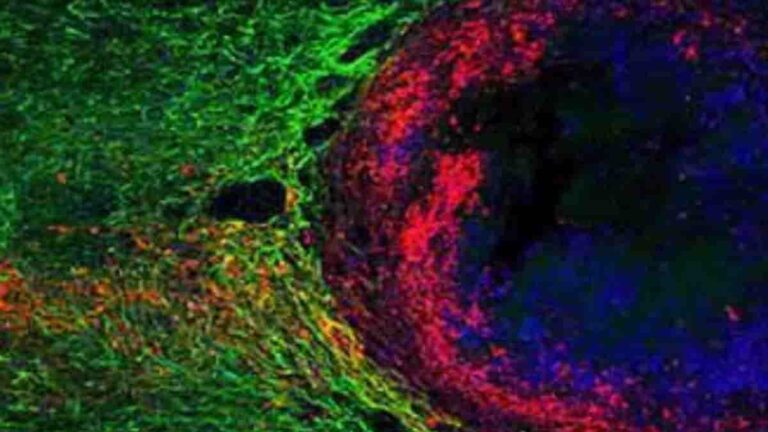How does cross-talk in brain networks alter when working memory, the mental assembly of information needed to carry out a particular task, is engaged? Scientists at Massachusetts General Hospital have found that dopamine signaling in the cerebral cortex can predict changes in the extent of communication between key brain networks during working memory. Their findings…
How Sensory Simultaneity Judgment May Develop In The Brain
We experience almost everything by sensing in multiple ways. As we hear the words people speak, we also see their lips move. We smell, see and hear the onions as we chop them, and feel them with teary eyes. It turns out that the ability to judge such sensory inputs as simultaneous, and therefore likely…
Hyper-long Telomeres Created In Unaltered Genes
Avoiding the use of what to date has been the standard method for lengthening telomeres, genetic manipulation, scientists at the Spanish National Cancer Research Centre (CNIO) have created mice in the laboratory with hyper-long telomeres, and with reduced molecular ageing. The new technique is based on epigenetic changes and avoids the manipulation of genes in…
FDA Approves Atezolizumab For Bladder Cancer Immunotherapy
A game changing new immunotherapy drug, atezolizumab, has won FDA approval for treatment of patients with metastatic urothelial carcinoma, a type of bladder cancer. The drug is the first new treatment for this form of the disease in more than 20 years, and is expected to have a major impact on bladder cancer, the fifth…
Olfactory Ensheathing Cell Transplantation After Spinal Cord Injury
Olfactory ensheathing cells, also referred to as olfactory ensheathing glia, are a type of radial glia found in the nervous system. They are also known as olfactory Schwann cells because they ensheath the non-myelinated axons of olfactory neurons in a similar way to which Schwann cells ensheath non-myelinated peripheral neurons. They also share the property…
Shift Work Leads To More Severe Strokes
Employees who don’t work the typical nine-to-five day have a higher tendency towards developing numerous health conditions, from heart attacks to obesity. Now new research shows shift work may also have serious implications for the brain. According to 2004 data from the Bureau of Labor Statistics, almost 15 million Americans work full time on evening…
Ventral Pallidum Neurons Could Be Trigger For Binge Behavior
Researchers at Johns Hopkins University discovered that rats responding to cues for sugar with the speed and excitement of binge-eaters were less motivated for the treat when certain neurons were suppressed. The findings suggest these neurons, in a largely unstudied region of the brain called the ventral pallidum, are deeply connected to the tendency to…
Blood-brain Barrier Leakage Linked To Alzheimer’s Disease
In a new study using contrast-enhanced MRI, researchers have identified leakages in the blood-brain barrier (BBB) of people with early Alzheimer’s disease (AD). The findings suggest increased BBB permeability may be a key mechanism in the early stages of the disease. Researchers used contrast-enhanced MRI to compare 16 early AD patients with 17 healthy age-matched…
Music Before Eye Surgery Can Reduce Sedative Need
Only 15 minutes of relaxing classical, jazz, and piano music before an eye surgery can lead to patients feeling less anxiety and requiring less sedation, a new study has found. Eye surgery while conscious can be highly stressful for patients. It has long been known that music can reduce anxiety, even minimising the need for…
